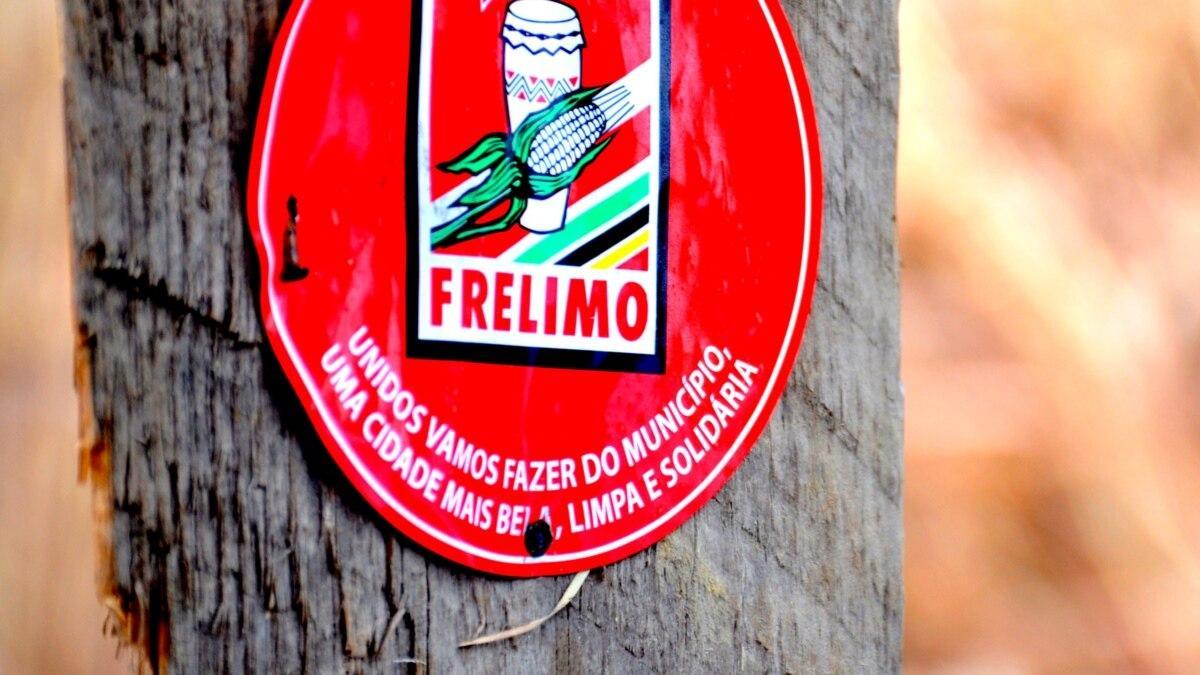Africa-Press – Mozambique. Most of the municipalities where the Constitutional Council, Mozambique’s highest body in matters of constitutional and electoral law, changed the results of the 11 October municipal elections were the victims of fraud practiced by electoral officials which took votes away from the opposition parties and awarded them to the ruling Frelimo Party.
The Council corrected the fraud to some extent, returning to the opposition tens of thousands of votes, notably in Maputo and the neighbouring city of Matola, that had been wrongly allocated to Frelimo. Whole municipalities, where the National Elections Commission (CNE) claimed a Frelimo victory – Quelimane, Chiure and Vilankulo – were returned to the main opposition party, Renamo, as the rightful winner.
But in one case, the Constitutional Council deprived Frelimo of victory in a municipality which it appears to have won.
This anomaly is the town of Alto Molocue, in the central province of Zambezia. According to the latest bulletin on the elections, published by the anti-corruption NGO, the Centre for Public Integrity (CIP), “all publicly available information suggests Frelimo won by a large margin”.
CIP noted that “this is precisely the opposite of Maputo and Matola, where the polling station results sheets (“editais”) are public and show that Renamo won”. But, despite transferring large numbers of votes from Frelimo to Renamo, the council kept the majority of municipal assembly seats in the two cities in Frelimo’s hands.
CIP notes that in Alto Molocue, the Council “transferred 3,275 votes from Frelimo to Renamo. This is 25% of Frelimo’s initial vote – the highest percentage transfer made by the Council. It is equivalent to a transfer of 63 votes in each polling station in Alto Molocue”
“Renamo’s vote”, CIP continued, “was increased from 31 to 48 per cent, giving it a narrow margin of 107 votes (0.6%). There was a transfer of 5 municipal assembly seats, giving Renamo a 12 to 11 majority”.
CIP added the Council also tripled the number of votes for the second opposition party, the Mozambique Democratic Movement (MDM), giving it an extra 482 votes”.
How was this possible? Like Maputo and Matola, Alto Molocue had a parallel vote count undertaken by the “Mais Integridade” (“More Integrity”) civil society observation consortium.
This, CIP adds, “was a double count, of both the results written on the classroom blackboard as the ballots were counted, and a parallel count of the editais. Except in four polling stations, the blackboards and editais were identical and all but three gave Frelimo victory in the polling station”.
So did the Constitutional Council have other editais from Alto Molocue, showing something different? The Council had, on 15 November, demanded that the CNE hand over the Alto Molocue editais.
Were these editais, somehow different from the ones the CNE used when it calculated the preliminary results which gave victory to Frelimo? The short answer is that we do not know, for the Constitutional Council has not made public any of the editais it used in any of the municipalities.
Renamo made a formal protest about four Alto Molocue polling stations, CIP noted, of which two showed clear evidence of ballot box stuffing for Frelimo, one had a strangely low turnout, and one had a very high number of invalid votes.
The Renamo protest was upheld by the district court and by the Constitutional Council, which confirmed the “irregularities” in those four polling stations. In a ruling of 30 October, the Council also ruled that there should be new elections in those four polling stations.
But no new elections have been called anywhere in Alto Molocue. Instead the Council, CIP said, “overruled itself in its 23 November final decision when it simply handed the municipality to Renamo without new voting”.
In these elections, the Council changed the results in nine municipalities, all without explanation. Alto Molocue was an outlier, in that the Council, CIP noted, “seemed to be taking a municipality away from Frelimo that it clearly won”.
CIP asks “how can an election be free and fair when the CNE and the Constitutional Council can move and discard tens of thousands of votes, in secret, with no explanation?”
For More News And Analysis About Mozambique Follow Africa-Press






